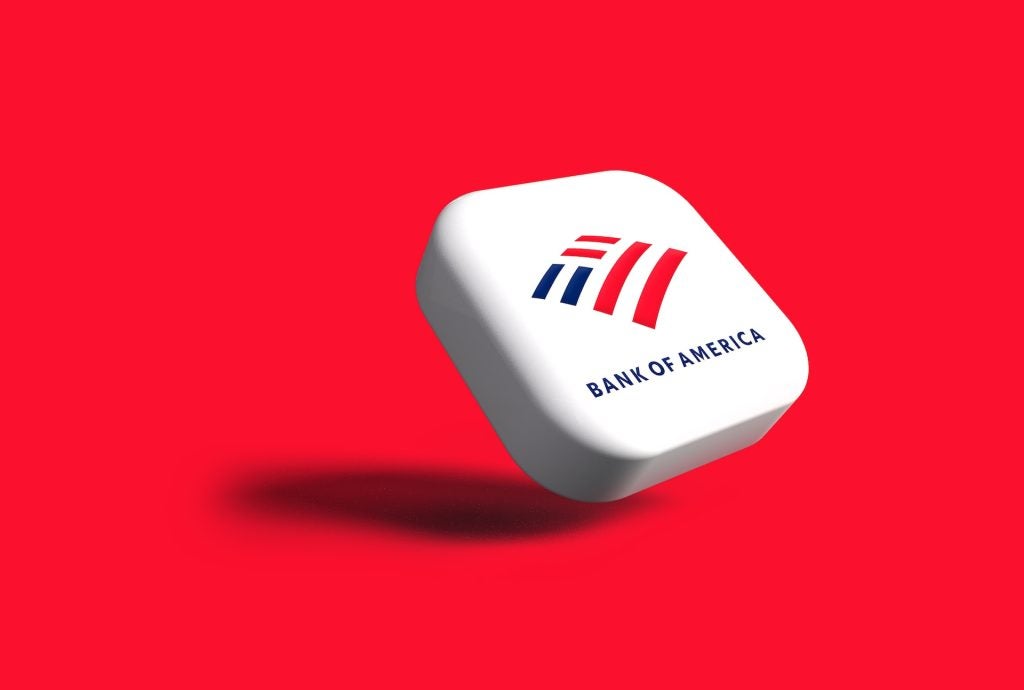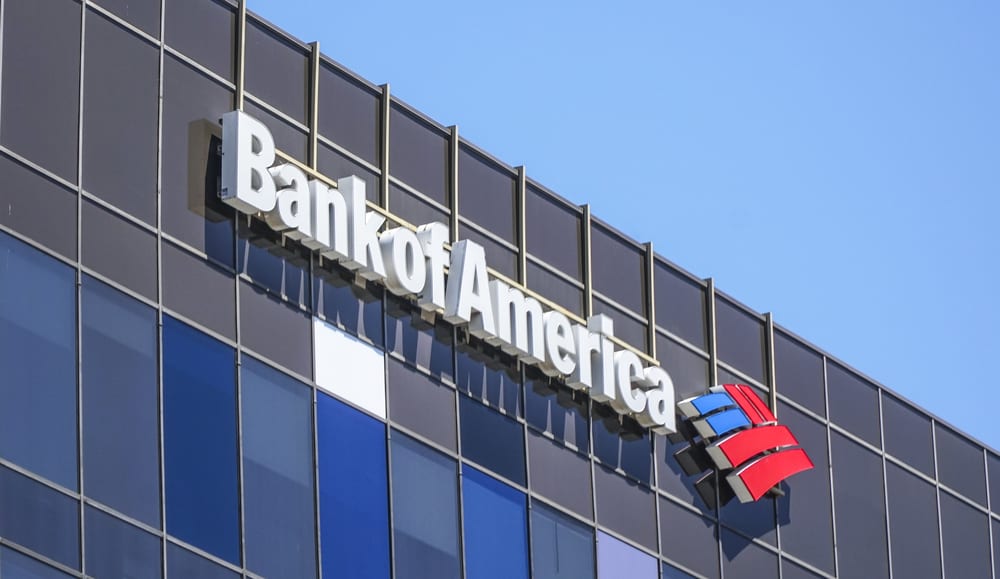The 2009 market crash in Dubai sent ripples of alarm across the UAE. No longer was the gulf state invincible. However, the rapidly growing wealth generated in the country is increasingly improving prospects. Valentina Romeo looks closer at international banks competing for the wealthier investors in a more challenging environment.
Compared to the world average, UAE millionaires have been the worst affected by the 2008 financial crisis, with their numbers dropping by 8% between 2007 and 2012 and GDP figures showing a even more dramatic decline.
Nevertheless, private wealth in the gulf state has since accelerated according to our sister company WealthInsight. Accumulated wealth of millionaires is predicted to increase by a staggering 48% by 2017, reaching $269 billion.
"Looking forward, year-on-year growth is expected to be positive and sustained. The HNW population at the end of 2012 constituted 10,300 individuals, with the number looking to increase by 50% to 15,500 by 2017", said Naushid Mithani, head of Standard Chartered Private Bank of Gulf States and South Asia.
WealthInsight showed that, despite the number of UHNWIs in the UAE decreasing by 10% from 691 individuals in 2007 to 625 in 2012, the number of billionaires saw the highest growth of 33% in the same period as the oil and gas industry weathered the storm caused by the financial crisis.
"2014 is expected to be a high point for the UAE, with year-on-year growth within the affluent population reaching 10.8% driven by strong GDP growth and forecasted increases in oil prices," Mithani added.
How well do you really know your competitors?
Access the most comprehensive Company Profiles on the market, powered by GlobalData. Save hours of research. Gain competitive edge.

Thank you!
Your download email will arrive shortly
Not ready to buy yet? Download a free sample
We are confident about the unique quality of our Company Profiles. However, we want you to make the most beneficial decision for your business, so we offer a free sample that you can download by submitting the below form
By GlobalDataAccordingly, HNW and UHNW individuals in the UAE reacted positively to this future prospect. A recent Barclays Wealth global survey found that more than 60% of respondent in the Middle East agreed that wealth can be created faster than previously, in comparison with 43% in Europe, and 31% in North America.
As a consequence of the new created wealth, Rob Broedelet, country executive of ABN AMRO UAE, revealed that the number of family offices is steadily increasing in the region. "Previously family offices were mostly managed from London and Geneva. However, this is changing fast. There are not more than 40/50 family offices in UAE, but the number is growing," he explained.
Diversification leads the way
Far from expectations, recent confidence was reflected towards a different investment focus from UAE’s wealthy. More multi-millionaires (27%) now derive their wealth from financial services rather than from the volatile oil market.
"The United Arab Emirates’ diversification drive has, in two generations, turned a collection of oil sheikhdoms into a financial superpower," said WealthInsight’s analyst, Oliver Williams.
"Not only has this reduced the country’s dependency on oil, but it has also created a new generation of multi-millionaires who owe their wealth from a burgeoning financial sector," he added.
Still a major investment is the real estate sector, despite being another prominent if not unstable segment in the UAE economy. The real estate market suffered a deep contraction in 2008, collecting heavy losses mostly caused by the sub-prime crisis in the US which led to the crash in the Dubai market.
Even if the sector has seen a slow recovery, the renovated confidence in the Dubai market has led to real estate transactions increasing by 63% year-on-year in the first quarter of 2013 from 2012. WealthInsight revealed that at the end of 2012, real estate was the largest asset class for HNWIs in the UAE, accounting for 23.2% of total HNWI assets.
"The property market has mostly recovered from the 2009 crash. Rental market due to influx of expats seems to be overheating somewhat. Local equities have seen steady volume increases and positive price development," Broedelet said.
Mithani agrees: "This element has changed over the last 18 months as real estate and equity markets continue to see a growth and return in excess of 15% from both the classes. Providing cash out to property investors in UAE and stock lending has reinstated the foot print and provided alternative solutions to our clients."
Furthermore, luxury investments have become increasingly important to the wealthy population of the UAE. According to WealthInsight, luxury chattels (art, jewellery, gems and classic cars) accounted for 1.2% of the total assets of millionaires in the UAE, equal to US$2.1 billion. WealthInsight said UAE HNWIs hold US$360 million worth of fine art.
Mithani said HNWIs in the UAE invest only 8% of their overall portfolio into equity, in comparison to a global average of 31%. WealthInsight expects equities to be the top-performing asset class for HNWIs, followed by business interest and then real estate.
"Alternative and property investments account for one third of the UAE HNW investor’s portfolio. In terms of property, direct property dominates the market, with property funds less popular. Direct property is popular for two main reasons. Firstly, gulf HNW investors are limited by the financial products available to them onshore, as the UAE has an underdeveloped onshore investment market, and thus investors are more inclined to invest into property as an asset," added Mithani.
Back and forth
Traditionally, Middle Eastern wealthy have the tendency to hold a higher proportion of their wealth in offshore centres.
According to Mithani, UAE HNWIs hold 45% of their wealth offshore. "This is the largest percentage of offshore wealth and shows the strength of HNW offshore allocation in the UAE," he said.
Furthermore the UAE government provides no restrictions on the amount of wealth that can be held offshore and no income tax is payable on worldwide assets.
Standard Chartered reported that funds allocated to the rest of the Middle East decreased during the review period 2007-2012, from 23% of foreign HNWI assets in 2007 to 21% in 2012 as local HNWIs moved more funds out of countries that were negatively affected by the Arab spring.
WealthInsight expects foreign asset holdings to reach US$85 billion by 2017 when they will account for 32% of total HNWI assets.
Mithani said: "Most UAE residents will be inclined to offshore some proportion of their wealth due to the underdevelopment of the local investment industry." In addition, he said expats constitute 65% of the HNW population, and this group will be inclined to offshore wealth as expats tend to maintain strong financial links with their country of origin and international markets in general.
The bulk of UAE foreign investment is held in Europe (35%), specifically in the UK, Switzerland and Channel Islands.
However, with regulatory scrutiny and the Eurozone’s political and financial instability investment attitude seems to have changed, and UAE HNWIs are gradually repatriating their wealth.
Figures show that Gulf nationals in particular have started booking assets closer to home, preferring local institutions for existing banking relationships as well as cultural affinity. This doesn’t only apply to local HNWIs but also international investors, who are highly attracted by the growing wealth prospects, less strict tax and legal environment of the region.
At the same time, as Europe starts to show signs of recovery, some foreign banks decided to keep the focus on the developed markets. "We have shifted our allocation to neutral for European equities, as we find relative value in Europe compared to the US currently," Mithani said.
Competitive landscape
With the UAE has showing concrete signs of a boom in wealth volumes, strong competition among international banks doesn’t come as a surprise.
UAE private banking AuM rose by over 30% totalling more than US$50 billion at the end of 2012, WealthInsight reported. $20 billion of this was sourced from local UAE HNWIs.
As a result local banks are intensifying their operations in the country, making it increasingly difficult for foreign players to build a solid presence in the market, with some Western banks downsizing regional operations to focus on repairing balance sheets back home.
Broedelet shared his view: "From an international perspective all large private banks will be or are active in the UAE, albeit mostly through bankers travelling to UAE rather than be based in the Gulf state".
A number of private banks such as Clariden Leu, Lloyds TSB, Merrill Lynch, Morgan Stanley, Pictet and Vontobel have pulled out of the UAE either by selling their businesses or closing down in the last few years due to increased competition.
But the market has also seen new entrants such as LGT, Nedbank Private Wealth and Arbuthnot Latham. In response to Arbuthnot taking steps to penetrate the Middle East, Abdulla Mohammed Saleh, governor of DIFC, said : "DIFC has served as a platform for a number of UK-based firms to service clients across the Middle East, Africa and South Asia."
ABN AMRO has been strengthening its presence in the Dubai International Financial Centre (DIFC) since it joined the market three years ago, having received a category-one banking license. Broedelet said: "This makes us one of only four banks in the DIFC that can actually book client accounts instead of acting merely as a representative office.
"In the DIFC, we are by far the largest private bank with local booking capability," he concluded.
Time to comply
The UAE powered by Dubai’s hegemony is gaining the status of new global wealth centre, but this could soon be lost if the region does not adopt further tax transparency.
The Dubai Financial Services Authority has also increased its protection role over investors in the free zone and confirmed it is looking into changing the way that it declares tax information to other countries in line with other OECD countries.
Mithani concluded: "Although the UAE has still a long way to go, the country needs to embrace the new international trend toward tax transparency if it wants to become the financial centre of choice for the Middle East.
Making things even more challenging for foreign groups, recent compliance requirements requested by US regulators has put pressure on banks that now need to adhere to the same standards.
These include the latest sanctions against Iran and the Foreign Account Tax Compliance Act (FATCA), which controls assets held offshore by US citizens. Also, the UK Bribery Act has led to similar regulatory pressure.
With such levels of regulation increasing, banks including HSBC, Citigroup and Standard Chartered have reinforced Dubai-based compliance teams in the past year.
In addition, international pressure has urged the UAE to sign up to international TIEAs, with the Organisation for Economic Co-operation and Development (OECD) launching an investigation into the UAE’s conduct in 2012.
"During this investigation the UAE was criticized by the OECD for its lack of transparency in its exchange of tax information with other countries," Mithani revealed.
Dubai and Abu Dhabi merger
Despite recent market hurdles, Dubai is looming on the horizon as the new dominant player as power shifts away from Western Europe and the US.
"Single markets represent different opportunities but it is the financial centres of Dubai and Abu Dhabi that will remain the focal point of regional wealth-seeking internationalisation through foreign investment opportunities and global banking services," Mithani said.
Broedelet also revealed: "The ‘next financial hub in the middle east’ is Dubai. The question of ‘successful or not’ does no longer arise as Dubai has proven ability . However, it is my belief that the new offshore banking set up in Abu Dhabi will be equally successful over time."
WealthInsight revealed Dubai as being the richest Emirate within the UAE with 59% of its multi-millionaires, with Abu Dhabi following close behind with 26%.
President of UAE Financial Markets Association, Mohammed Al Hashemi, recently announced that stock markets of Dubai and Abu Dhabi will be merged to improve performance of the financial market in the UAE. Through this merger, both locations will become partners rather than competitors.
According to sources familiar with the situation, Abu Dhabi has hired JP Morgan and local lender First Gulf Bank to advise on the merge, while Dubai has hired Citigroup.







